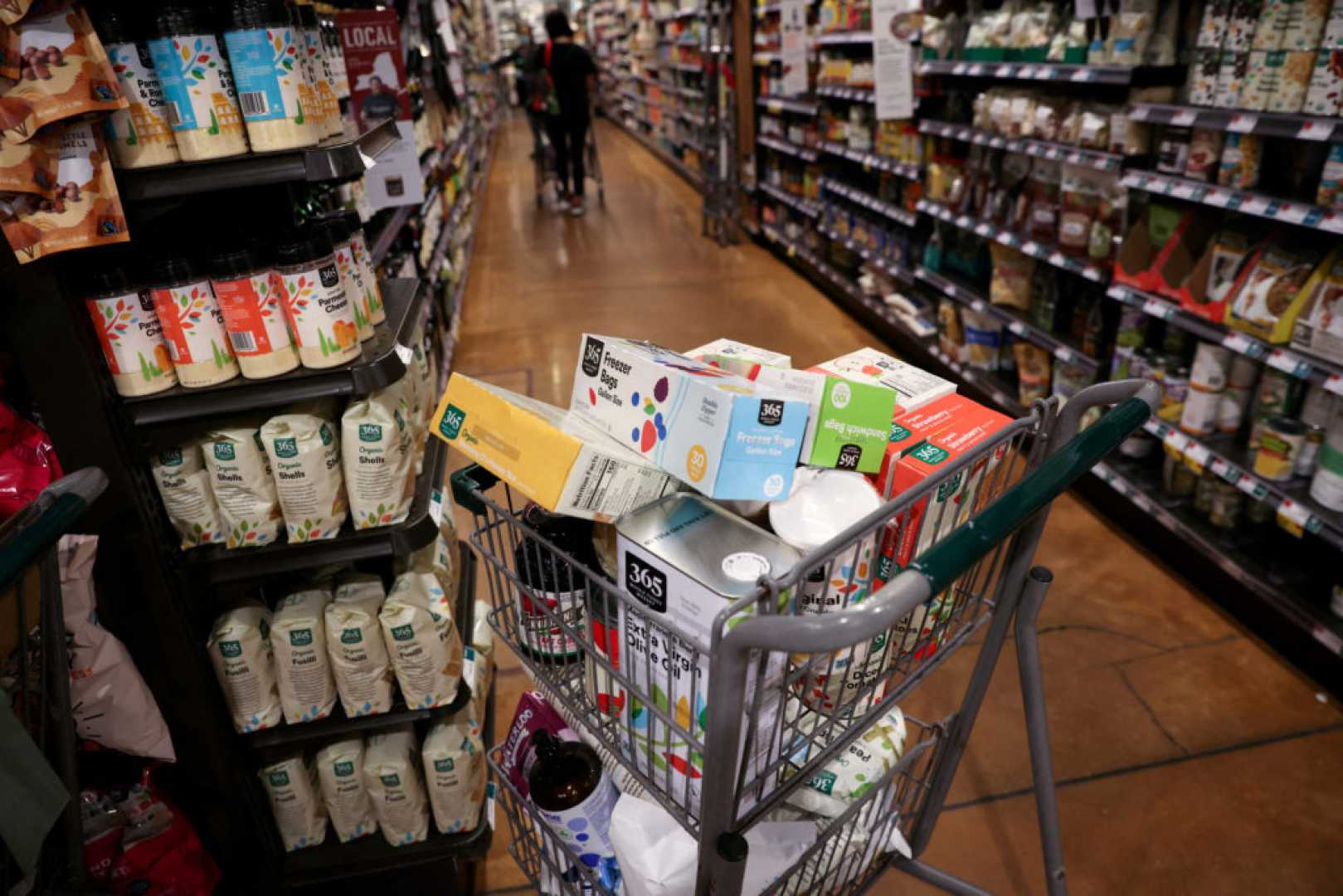Business
Inflation Concerns Loom as Trump Prepares for Second Term

WASHINGTON, D.C. — As President-elect Donald Trump prepares to re-enter the White House next week, the U.S. economy faces a more challenging landscape than during his first term, with inflation re-emerging as a critical concern. On Wednesday, the Bureau of Labor Statistics (BLS) is set to release December’s consumer price data, with forecasts indicating a re-acceleration in inflation while core rates remain steady.
The anticipated data follows a stronger-than-expected jobs report last week, which revealed robust hiring in December. This sent stock markets tumbling and bond yields rising, as investors feared the Federal Reserve might delay long-anticipated interest rate cuts. The December inflation rate of 2.9% year-over-year, up from 2.7% in November, underscores the persistent challenge of taming price increases.
Trump’s economic agenda, which includes tariffs on Chinese goods and imports from other trading partners, has added to inflationary fears. Analysts warn that such policies could lead to higher consumer prices, as importers often pass tariff costs onto shoppers. “Recent economic strength has combined with a rising threat of tariffs to increase upside inflation risks,” said Seema Shah, chief strategist at Principal Asset Management.
Despite the Fed’s efforts to combat inflation by lowering interest rates by a percentage point in late 2024, the central bank’s benchmark rate remains historically high at 4.25% to 4.5%. Fed Chair Jerome Powell acknowledged the uncertainty surrounding Trump’s policies, stating, “It’s common-sense thinking that when the path is uncertain, you get a little slower.”
While some sectors, like manufacturing and white-collar industries, show signs of weakness, overall economic growth remains steady. However, the combination of elevated borrowing costs, rising debt, and potential tariff-induced price hikes could complicate Trump’s economic plans. As BCA Research noted, “The macro backdrop is not as forgiving for deportations, reflation, and tariffs as it was eight years ago.”
The coming months will test whether the U.S. can achieve a “disinflation” trend, with Bank of America analysts cautioning that progress will be gradual. For now, the economic stage is set for a high-stakes balancing act as Trump’s second term begins.












